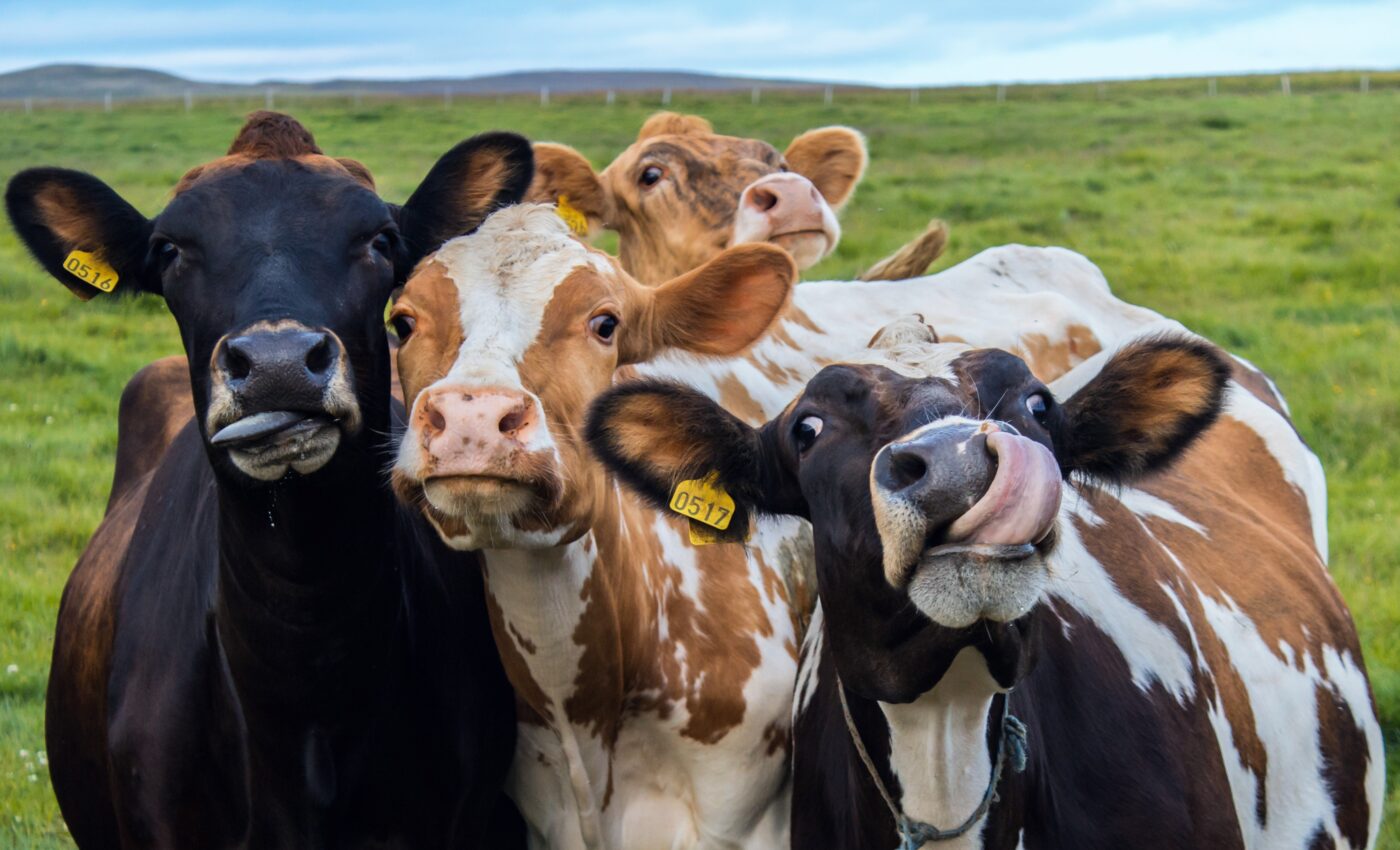
Environmentally-friendly semen will produce cattle that burp less methane
Canadian dairy farmer, Ben Loewith, anticipates an eco-friendly shift come next spring. Loewith’s farm in Lynden, Ontario, will witness the birth of calves uniquely bred with an ecological agenda: they’re designed to release less methane through their burps.
Loewith, standing strong on the values passed down through three generations of dairy farmers, embarked on a pioneering venture in June. He commenced the artificial insemination of 107 cows and heifers using a novel bull semen. This is not ordinary semen, but the first of its kind to possess a low-methane genetic trait.
Methane emissions
“Selectively breeding for lower emissions, as long as we’re not sacrificing other traits, seems like an easy win,” Loewith said. His enthusiasm touches on a pertinent global issue: the detrimental effects of methane emissions on our environment.
Cattle are significant contributors to the greenhouse effect due to the methane they produce, primarily through burping.
Innovative solution
Notably, a genetics firm named Semex has come into the spotlight for its innovative solution. They provided Loewith with the unique semen, and the company estimates that if this low-methane trait becomes widely adopted, emissions from Canada’s dairy herd could shrink by 1.5% annually, potentially plummeting to a 20%-30% reduction by 2050.
Drew Sloan, Semex’s vice-president, confirmed the company’s recent endeavors in marketing this environmentally-friendly semen in 80 countries. Beyond Canada, early adopters of the technology include farms in Britain, the U.S., and Slovakia.
Frank Mitloehner, a professor of animal science at the University of California Davis, emphasized the global potential of this development. He stated that if the low-methane breeding gains traction worldwide, it could have a “profound impact” on cattle emissions.
Concerns in the dairy industry
However, the journey towards widespread acceptance is not without its challenges. Despite the promise, some in the dairy industry voice concerns.
Their skepticism primarily revolves around the potential digestive problems this breeding could introduce. As Juha Nousiainen, senior vice-president at Finnish dairy Valio, pointed out, “Methane is produced by microbes in the cow’s gut as it digests fibre, not by the animal itself.”
While Canada’s agriculture department acknowledges the importance of emission reduction, it has yet to review the methane evaluation system that underpins this innovation.
This is essential context, given that livestock are responsible for a staggering 14.5% of global greenhouse gas emissions, with methane being the second most significant greenhouse gas after carbon dioxide.
Alternative solutions
There are alternative methods to curb methane production in cattle, such as feed additives. Yet, these are temporary solutions.
As Mitloehner highlighted, the benefits of such additives diminish once the cattle stop consuming them, and they aren’t even sanctioned for use in some regions, including the United States.
Dedicated research
The genesis of this low-methane breeding material originates from a partnership between Semex and Lactanet, Canada’s milk-recording agency.
The product is the result of dedicated research by Canadian scientists. Lactanet recently unveiled the world’s first national genomic methane evaluation, providing insights from Holstein cows and heifers across nearly 60% of Canada’s dairy farms.
Groundbreaking research
Christine Baes, a professor at the University of Guelph who participated in the project, expounded on the groundbreaking nature of their work.
“The breakthrough here is linking these different components to have a national breeding value estimation for methane emissions based on the real breath of animals,” said Professor Baes.
Incentives are lacking
While the Canadian government currently lacks incentives for adopting low-methane cattle breeding, there are global indicators of a shifting sentiment.
For instance, New Zealand plans to impose a methane tax on cattle by 2025. Furthermore, corporations like Nestle and Burger King’s parent company are strategizing to address the methane issue in their supply chains.
Ultimately, as Michael Lohuis of Semex concluded, “Genetic change is permanent and cumulative across future generations so it can add up to substantive reductions.”
As farmers like Loewith eagerly await the results of their eco-conscious breeding decisions, the implications for the dairy industry and our environment could be monumental.
—–
Check us out on EarthSnap, a free app brought to you by Eric Ralls and Earth.com.













